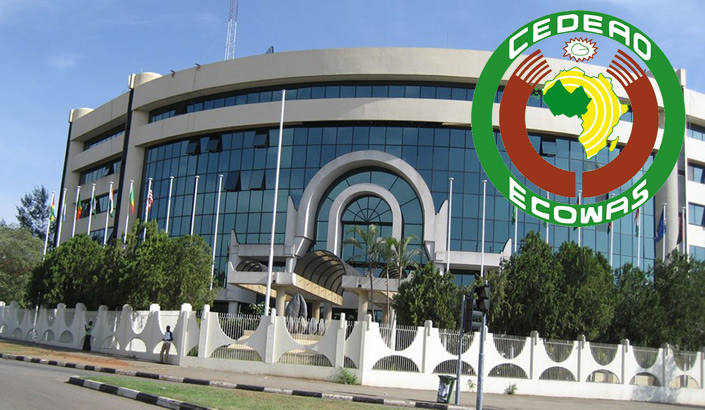
Announcing a significant initiative to assist internally displaced persons, refugees, asylum seekers, and communities impacted by conflicts in the region, the Economic Community of West African States (ECOWAS) has revealed a substantial funding allocation.
As of October 2023, there were 6,976,470 individuals displaced by conflicts and violence, as well as stateless persons in the ECOWAS sub-region. This included 6,352,346 Internally Displaced Persons (IDPs) and 624,124 refugees and asylum-seekers.
The countries with the highest displaced populations are Nigeria, hosting 3,578,996 individuals, and Burkina Faso, hosting 2,062,534 individuals. Niger had the largest refugee population, with 325,419 individuals.
In 2023, ECOWAS and the UN Refugee Agency entered into an agreement to enhance their collaboration in safeguarding refugees, stateless, and internally displaced persons within the region.
Prof. Fatou Sarr, the ECOWAS Commissioner of Human Development and Social Affairs, stated in Abuja that ECOWAS is committed to providing essential aid to those displaced by conflicts, with a pledge of $9 million in 2024. This support aims to meet the basic needs of the affected individuals and provide assistance to the hosting communities.
This initiative encompasses all 15 member countries of ECOWAS, showcasing a united effort to tackle the complex challenges of displacement affecting vulnerable populations.
Prof. Sarr mentioned, “In 2024, ECOWAS has allocated $9 million for Internally Displaced Persons, refugees, asylum seekers, and the host communities across all 15 member countries.”
Furthermore, Nigeria is set to receive $1 million specifically for stabilization efforts, targeting victims of terrorism, displaced persons, and initiatives focused on rehabilitating affected communities and bolstering their resilience against ongoing threats.
Addressing the fight against terrorism, ECOWAS has earmarked $4 million from a $25 million fund to support humanitarian activities in Nigeria, Burkina Faso, Mali, and Niger.
This strategic allocation demonstrates ECOWAS’s dedication to addressing the underlying causes of instability and violence in the region, while extending necessary assistance to those affected by these challenges.
“Out of a $25 million fund dedicated to combating terrorism in Nigeria, Burkina Faso, Mali, and Niger, ECOWAS has set aside $4 million for humanitarian efforts,” Prof. Sarr highlighted.
Emphasizing the importance of prevention in crisis management, ECOWAS highlighted the implementation of a disaster reduction strategy and the utilization of tools like the Observation, Monitoring, and Alert Center.
These steps enable ECOWAS to monitor displaced populations, predict potential threats, and effectively handle crises, thereby reducing the impact on affected communities.
